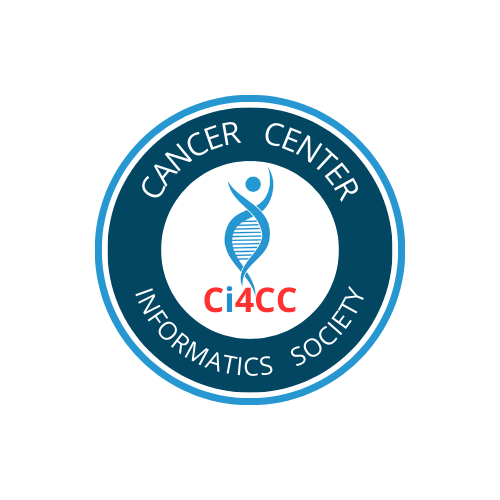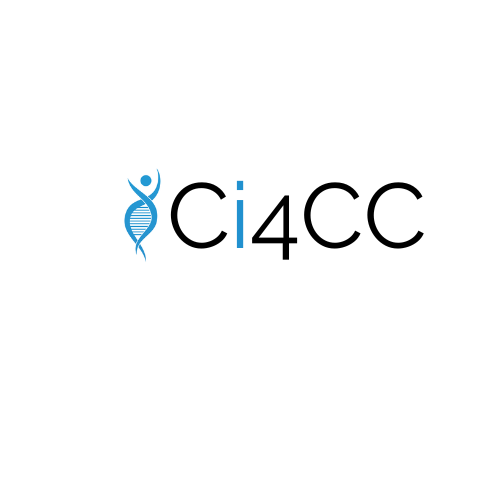NCI's new Deputy Director for Data Science
Conversation with The Cancer Letter: NCI’s new chief data scientist Warren Kibbe tells us about efforts to get “AI-ready” - July 12, 2024
“All research now involves data science at some level. And I can’t think of some aspect of science where we don’t want to analyze the results.”
What can NCI accomplish in data science?
In the informatics world, the institute’s resources would be considered paltry by comparison with private companies.
The institute’s total fiscal year 2024 budget of $7.2 billion would constitute less than 25% of the R&D budget of Microsoft Corp. and would be $2.3 billion lower than this year’s research and development spend of the artificial intelligence giant NVIDIA Corp.
“I think maybe the better question is how can we take what is being developed by those companies for really broad use, and how do we bring that into cancer research and make cancer research happen faster, better?” said Warren A. Kibbe, NCI’s inaugural deputy director for data science and strategy.
Kibbe said his primary goals as NCI’s top data scientist include improving access to data, enhancing the scientists’ abilities to apply visualization techniques for cancer research, and using technologies, such as artificial intelligence and machine learning, to advance our understanding of the basic mechanisms and etiology of cancer.
Over the past seven years, Kibbe served as chief for translational biomedical informatics and professor and vice chair in the Department of Biostatistics and Bioinformatics at Duke University and as the chief data officer for the Duke Cancer Institute.
Prior to that, Kibbe headed the NCI Center for Biomedical Informatics and Information Technology, known as CBIIT, for four years (The Cancer Letter, June 16, 2017; June 26, 2013). At NCI, Kibbe spearheaded development of the Genomic Data Commons, a big data project for comprehensive, raw genomics information (The Cancer Letter, April 29, 2016).
In addition to consulting across NIH on data science issues during his first stint at NCI, Kibbe played a role in establishing partnerships with the U.S. Department of Energy and was involved in putting together collaborations in precision medicine and the Cancer Moonshot.
Kibbe is also a co-founder, with Sorena Nadaf-Rahrov, of the Cancer Center Informatics Society (CI4CC).
“No one is better suited to help the NCI innovate in cancer data science and biomedical informatics than Warren,” Nadaf-Rahrov said to The Cancer Letter. “His background and temperament provide an excellent balance to the needs and vision of the NCI. I look forward to continuing to collaborate with Warren on various projects, both as a long-standing colleague and as the president & CEO of the Cancer Center Informatics Society.”
Link to full article: https://cancerletter.com/conversation-with-the-cancer-letter/20240712_1/
Share this Article with others





